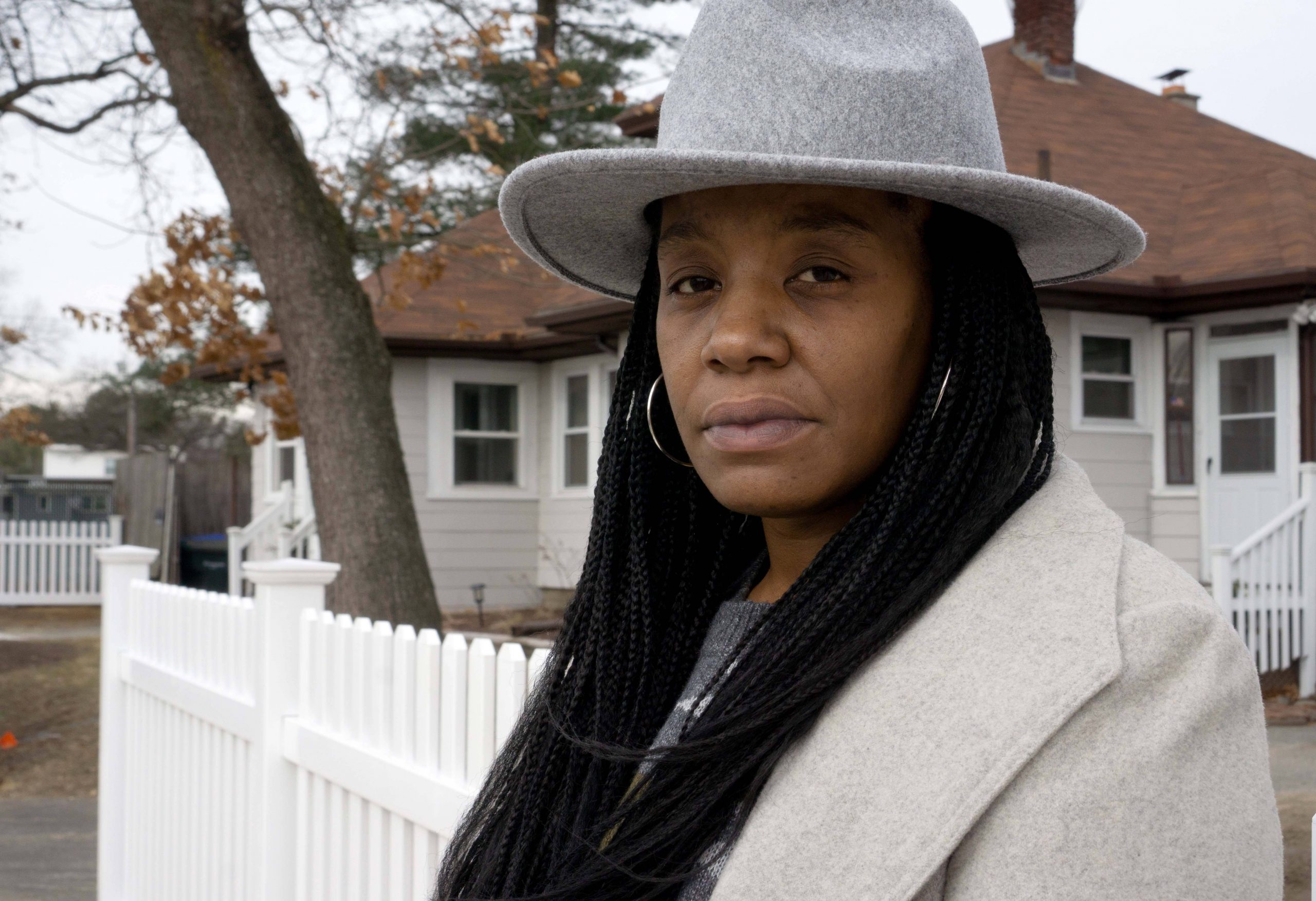
In 2012, city inspectors walked into Michael Gedeon’s home and declared it a health hazard.
Saying the property was littered with old cars, trash and giant fuel tanks, officials asked a judge to appoint a private company, called a receiver, to clean it up and bill Gedeon for the costs.
But Gedeon wasn’t able to pay off the $63,000 in repair costs the receiver incurred and three years later the St. Lucian immigrant lost the home in a foreclosure auction. The receiver became the home’s new owner and sold it a year later for nearly $80,000.
Gedeon, meanwhile, died in January in a rental home a few miles away after arguing for years, unsuccessfully, that the government had stolen his family home.
That’s not the intended consequence of a state process called “receivership” created to combat blight. But Gedeon’s story has prompted growing concern in Springfield that the court-ordered initiative is pushing out low-income homeowners while private companies are cashing in.
“These are people’s homes and their whole lives are being destroyed as a result of this policy,” said Vanessa Rosa, a professor of Latinx studies at Mount Holyoke College who has studied the process. “People should know what’s happening, because it’s not right.”
Courtesy of Springfield No One Leaves
Alerted by concerns from housing advocates, a group of Rosa’s students…






